In the fast-paced and demanding world of business ownership, the concept of work-life balance often seems like a distant dream. The lines between personal and professional life can blur as business owners pour their hearts and souls into building their businesses. However, achieving a harmonious balance between work and personal life is not only possible but also essential for long-term success and well-being. Here’s a guide to help business owners navigate this challenging terrain and find the equilibrium they seek.
Understanding the Challenge
Business owners face unique challenges that make work-life balance particularly elusive:
- High Stakes and Responsibility: Business owners often shoulder the entire responsibility of their business’s success or failure.
- Irregular Hours: Unlike a typical 9-to-5 job, business owners often demands long and irregular hours, especially in the startup phase.
- Personal Investment: Business owners are deeply personally invested in their ventures, making it hard to detach from work-related thoughts and tasks.
Practical Strategies for Achieving Balance
- Set Clear Boundaries
Creating clear boundaries between work and personal life is crucial. Define specific working hours and stick to them as much as possible. Communicate these boundaries to your team and family to set expectations. - Prioritise Tasks
Not all tasks are created equal. Use the Eisenhower Matrix to categorise tasks into four quadrants: urgent and important, important but not urgent, urgent but not important, and neither. Focus on tasks that truly matter and delegate or eliminate the rest. - Embrace Technology
Leverage technology to streamline operations and improve efficiency. Tools like project management software (e.g., Trello, Asana), communication platforms (e.g., Teams, Zoom), and automation tools (e.g., Zapier) can save time and reduce the workload. - Schedule Downtime
Just as you schedule meetings and deadlines, schedule time for relaxation and personal activities. Whether it’s a daily workout, family dinner, or weekend getaway, make downtime a non-negotiable part of your routine. - Learn to Say No
Opportunities are endless, but time is not. Be selective about the commitments you take on. Politely decline requests that don’t align with your priorities or that could overwhelm your schedule. - Outsource and Delegate
You don’t have to do everything yourself. Delegate tasks to employees or outsource to freelancers for specialised tasks. This not only frees up your time but also allows you to focus on strategic aspects of your business. - Practice Mindfulness and Self-Care
Mindfulness practices such as meditation, yoga, or even a quiet walk can help reduce stress and improve focus. Regular exercise, a healthy diet, and adequate sleep are also critical components of maintaining overall well-being. - Set Realistic Goals
Ambition is a hallmark of business ownership, but setting unrealistic goals can lead to burnout. Break down larger goals into manageable milestones and celebrate small wins along the way. - Build a Support Network
Surround yourself with supportive people who understand the entrepreneurial journey. Join entrepreneur groups, find a mentor, or build a network of fellow business owners to share experiences and advice. - Review and Adjust Regularly
Work-life balance is not a one-time achievement but an ongoing process. Regularly review your routines and workload. Be flexible and willing to adjust your strategies as needed to maintain balance.
Work-life balance for entrepreneurs is not only possible but essential for long-term success and well-being. ABS Institute provide free small business training and coaching which can help you get the balance right. Contact us today to find out more!


